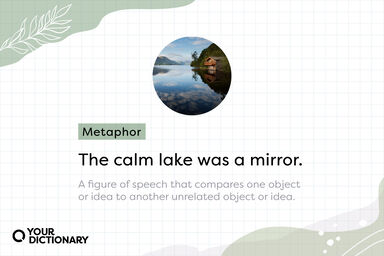Strut Definition
A support rod.
(archaic) Swelling out; protuberant; bulging.
- To behave or perform in an ostentatious manner; show off.
Idioms, Phrasal Verbs Related to Strut
Origin of Strut
-
From Middle English strouten, struten, from Old English strÅ«tian (“to stand out stiffly, stand out projectingly, exert oneself, struggle"), from Proto-Germanic *strÅ«tōnÄ…, *strÅ«tijanÄ… (“to swell, be puffed up"), from Proto-Indo-European *streudh- (“rigid, stiff"), from Proto-Indo-European *(s)ter- (“strong, firm, stiff, rigid"). Cognate with German strotzen (“to bristle up"), Danish strutte (“to bulge, bristle"), Low German strutt (“stiff"). Compare Old Norse þrútinn (“swollen"), Gothic 𐌸𐍂𐌿𐍄𐍃𐍆𐌹𐌻𐌻 (þrutsfill, “leprosy"), Middle High German striuzen (“to bristle, to ruffle") (> obsolete German sträußen, now in Alemannic)
From Wiktionary
-
Origin obscure, but apparently related to strut above. Cognate with Icelandic strútur (“a hood jutting out like a horn"), Norwegian strut (“spout, nozzle"), Swedish strut (“a paper cornet"), Low German strutt (“stiff, rigid").
From Wiktionary
-
From Middle English strout, strut, strot, from strouten, struten (“to strut, swell out"). Cognate with Middle High German strÅ«z (“swelling, contention"). See above.
From Wiktionary
-
Middle English strouten to stand out from Old English strūtian to stand out stiffly ster-1 in Indo-European roots
From American Heritage Dictionary of the English Language, 5th Edition
From a contraction of strutted.
From Wiktionary
Find Similar Words
Find similar words to strut using the buttons below.




